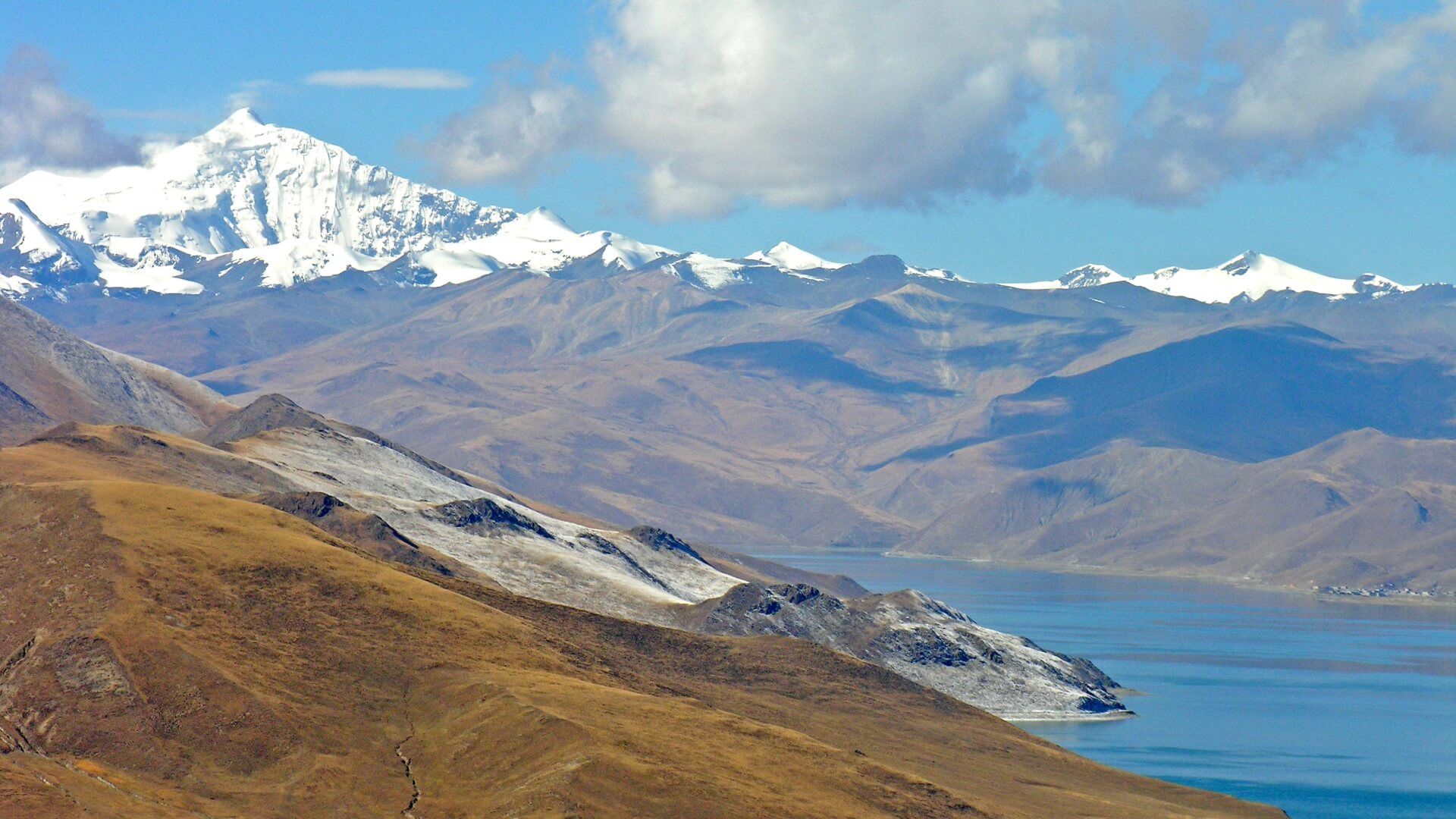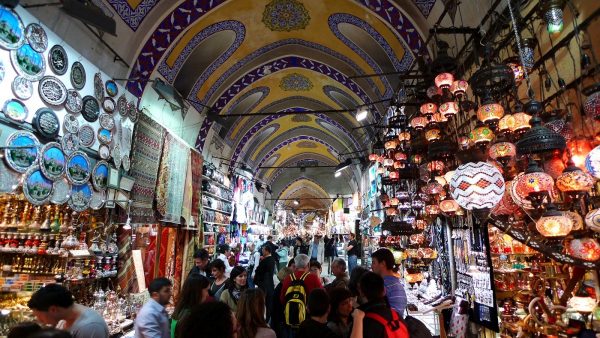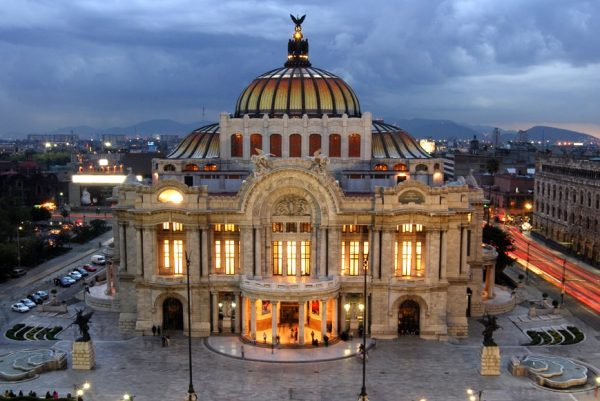
Are you travelling this summer? Take a phrasebook with you!
Here we are! Holidays have finally come close and we are getting ready to travel. Most of us will choose to discover new countries and cultures this summer, which will bring the inevitable challenge of being immersed in a different language. So what can we do to communicate with locals in our chosen destination? Don’t worry, there are plenty of ways to make yourself understood other than hand gestures!
Visiting a city where you have friends is an optimal solution, but not everyone has this fortune, and some prefer to explore the world on their own. If this resonates with you, then a good phrasebook is the best way to approach other populations and immerse yourself in their lifestyles. When I was packing for my Erasmus in Bucharest, my friend Martina gave me a little handmade notebook where she had written some useful phrases in Romanian. While Erasmus was established with the purpose of enhancing relationships across Europeans, with the view of making them citizens of the world, Martina’s little guide was more focused on expressions that made for a sociable approach. Imi place băietii intoversi (I like shy boys) was among the most important ones.
Every country has its own history, imbued with specific social rules and cultural conventions. Consequently, tourism also takes different shapes in different destinations, depending on the socio-political situation of the country visited. Walking across the shelves of a library in Bergamo, I made my way to the guidebook section and started my journey with its phrasebooks. Page after page, I felt like I was getting further away from Europe to discover new continents. Here are five examples taken from the phrasebooks I found in the Lonely Planet guides.

Merhaba, Turkey!
After the attempted coup on 15th July 2016, visiting Turkey is not the safest option. Speaking at the Ataturk Airport in Istanbul, President Recep Tayyip Erdogan said that those responsible for the golpe would «pay a heavy price for their treason to Turkey». Forgive me if I move off topic, but I can’t stress enough the irony of Erdogan, the hardest censor of social networks in Turkey, resorting to FaceTime to communicate to the country during the coup.
But let’s get back to business: since long before this happened, and second only to kebabs, bazaars have been the most iconic attractions in Turkey, a country characterised by a long and strong tradition of trade. Visitors of this amazing country should familiarise themselves with the correct expressions to use with Turkish merchants:
BAKABILIR MIYIM? Can I look?
SADECE BAKIYORUM I am just looking
KALETESI IYI DEĞIL The quality is not good
NE KADAR? How much does it cost?
You are in Kenya: Karibu!
During my trip through the guidebooks, I can’t resist a stop in Africa. The Yale University’s website is a good source of information about African idioms, in particular Swahili pronunciation. It is considered very rude in Kenya to ask information before saying hello, so if you need directions or advice, you have to remember to start the conversation with:
JAMBO or SALAMA Hello
SHIKAMOO If the person you are speaking to is older than you
Lots of tourists visit Kenya for its incredible nature: here you can observe pachyderms at Mwaluganje Elephant Sanctuary, giraffes at the Meru National Park, and catch sight of leopards at Lake Nakuru National Park at dawn. In order to avoid missing out on the specimen, make sure you memorise these phrases:
TAZAME PALE Look there!
HUYO NI MNYAMA GANI? What animal is that?
USIGUSE SENGENI Electric enclosure
ANGALIA! Attention!
If you are not patient enough to commit these expressions to memory, never mind: the second official language in Kenya is English.

¡Salud! Mexico
After flying over the Atlantic Ocean, I finally landed among photographs of the endless beaches of Mexico and the extraordinary hospitality of its people. Immediately, I started leafing through the pages of the Mexican phrasebook, losing myself in the long list of expressions used to talk about food and drinks. Here is an interesting tip about Mexican slang. During your travel across the country, you will almost certainly encounter one or more of the following expressions, especially in Mexico City:
FREGÓN! Cool!
ERES MUY BUENA ONDA You are very cool/nice
TIRAR LA ONDA Flirting
SIMÓN Yep
¡GUÁCATELAS! Rude!
¡¿CHALE?! No way!
CARNAL Bro
LA TIRA The Police; LA CHOTA Mexico City Police.
“Let’s get in the right mood!”
The variety of Caribbean languages
The Caribbean one is a perfect example of a phrasebook that accurately reflects the history of a country. The linguistic panorama of the region is very rich and shows the huge variety of peoples that lived here during the century. Unfortunately there are no traces left of Indigenous idioms, a result of colonialism. The main languages spoken in the Caribbean are French, English, Spanish, Dutch and Portuguese. These languages are not exactly as spoken in the countries they initially originated from, but are characterised by plenty of words and expressions that show the linguistic influences of Western African idioms. European languages, Creole, patois, pidgin and local accents make up the mixture of languages spoken in the Caribbean, and each island has its particular mixture.
The Caribbean phrasebook focuses on different pronunciations of European languages. Caribbean French for example lost its natural melody and its inflection is now straight, while Caribbean English has some rules and lots of exceptions. In Haiti, one of the most desired destination in the area, the prevalent language is Haitian Creole:
NA WÈ PITA See you later
SILVOUPLE Please
ESKE OU KA PALE ANGLE? Do you speak English?
M PA KONPRANN I don’t understand
M PÈDI I am lost
The last journey: Tibet
The official languages of Tibet are Tibetan and Mandarin. From a linguistic point of view, Tibetan and Chinese do not have much in common. For example, sentence structure is completely different between the two languages, and they use different writing characters.
Tibetan is spoken by six million people in the world, not only within the country’s national borders but also by Tibetan communities in Nepal, India, Bhutan and Pakistan. The dialect spoken in Lhasa City is considered the standard form of Tibetan. Many Tibetan sounds are close to Italian ones, so our Italian readers should be able to communicate without problems if they rely on the transcription below:
བཀྲ་ཤིས་བདེ་ལེགས ta•shi de•lek Hello!*
kay•râng ku•su How are you?
ཐུགས་རྗེ་ཆེ། tu•jay•chay Thank you
དགོངས་དག gong•da I am sorry
*The expression བཀྲ་ཤིས་བདེ་ལེགས། actually means “Good fortune”, even if it isn’t a real equivalent of hello, it is commonly used as a greeting.
Finally, some Tibetan expressions for lovers of trekking:
nga lâm•gyü chay•khen•chig gö I need a guide
…doh•ya•gi lâm•ga ka•gi•ray What’s the way to…?
bga lâ•du na•gi I have mountain sickness
བྱང། châng North
ལྷོ་ lho South
ཤར་ shâr East
ནུབ་ noob West
Cover Photo: Tibet by Dennis Jarvin (CCA-SA 2.0 Commons Wikimedia)
featured, languages, LonelyPlanet, phrasebooks, travel, travelling, valigia1